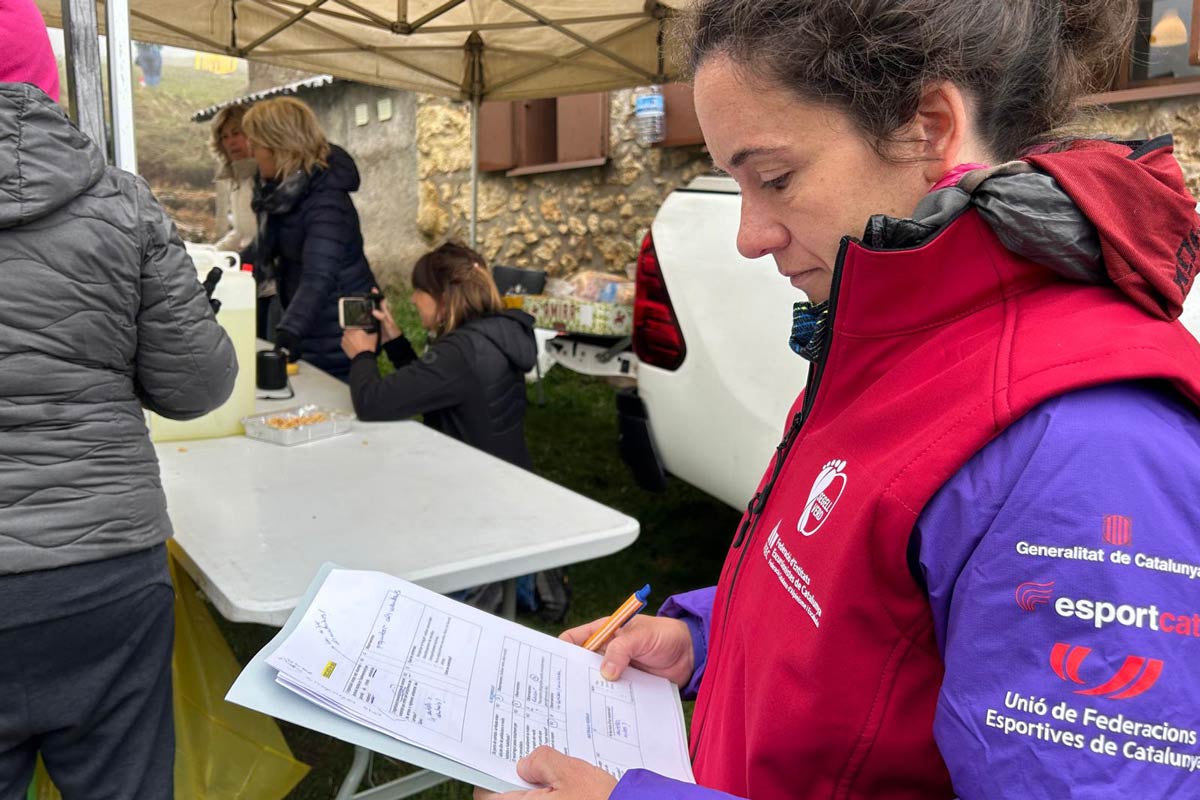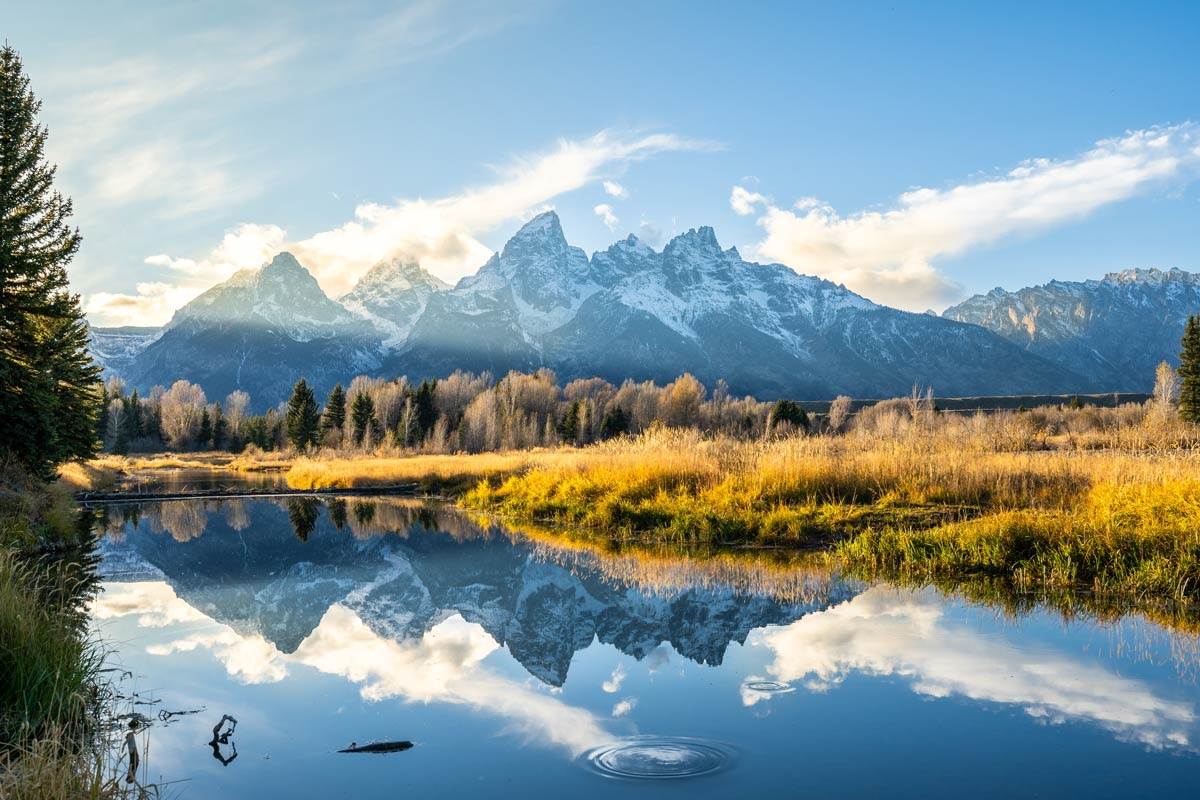The UIAA is delighted to announce the publication of a major new milestone, its Sustainability Charter.
In 2022, and as a contribution from the UIAA to the observance of the UN-declared International Year of Sustainable Mountain Development, the General Assembly of the UIAA adopted the proposal made by the UIAA Mountain Protection Commission to review and update the UIAA’s ‘Environmental Objectives and Guidelines’, which were first published in 2002 to observe the first International Year of Mountains. Looking back at the original guidelines, they have indeed stood the test of time and have remained highly relevant for the UIAA. However, climbing and mountaineering have undergone considerable changes in the 20 plus years since then, and so have the conditions in which we exercise these activities in the mountains.
The UIAA’s Mountain Protection Commission delegates, as well as other UIAA volunteers, past and present, have contributed to the review and update of these guidelines, which take stock of these changes and the role that climbers and mountaineers need to play in how we respond to the ensuing impacts, and conversely, how we affect these trends.
“My hope is that we as an organisation, our member federations and the many climbers and mountaineers gathered through them, take heed of this advice and reflect them in all aspects of our operations and activities. By acknowledging and adopting these recommendations, we take a concerted step towards operationalizing our own commitments towards sustainability, as per our strategic goals. More generally, by promoting these objectives and guidelines we demonstrate the responsible mindset and stewardship expected of us as climbers; not only towards our own sport and its rightful place in promoting human wellbeing and awe-inspiring connection with nature, but also in engaging in the decisions and policy processes that shape the future of our mountains. As the UIAA reflects on the outcomes of its strategic goals set for the 2020-2024 period, and prepares to define its next strategic objectives for 2025-2028, I trust that these guidelines, and how we implement them, also contribute towards the Five Years of Action for the Development of Mountain Regions in 2023-2027.”
UIAA President Peter Muir
The full document can be downloaded here and from the dedicated website page. The webpage is essentially a shortform version of the document which offers a summary of its cardinal messages for both the UIAA and its members (addressing climate change, reducing impacts to the natural environment, reducing social impacts and promoting positive social change). However, the shortform version should not be viewed independently of the full document.
The protection of the mountain environment has always been a chief priority and concern for the UIAA. Since it was founded in 1969, the UIAA Mountain Protection Commission (MPC) has worked to guide action and be the voice of the UIAA for advocacy on mountain protection – the mountains being key spaces of significance on Earth. The MPC’s goal is to support the UIAA in ensuring the mountains’ unique environment and cultures will still be there for the benefit of future generations of mountaineers and wider humanity. The MPC, led until earlier this year by Carolina Adler and since May 2024 by Paul Kwakkenbos, has spearheaded the essential delivery of these guidelines.
“These guidelines are a compilation of years of deliberations among Commission delegates on how best to update and modernise the UIAA’s 2002 UIAA Environmental Objectives and Guidelines. Not only was this update considered necessary in view of fast-changing environmental and social impacts that affect climbing and mountaineering, but also in view of the impacts that our activities themselves have in mountain regions and beyond. Furthermore, given the observance of the UN-declared International Year of Sustainable Mountain Development in 2022, the timing for such an update was imperative.”
Carolina Adler, UIAA MPC President (2016-2024)
Based on the UIAA’s 2002 guidelines, this update reflects the responses needed from the climbing and mountaineering community in view of issues such as the “triple planetary crisis” faced today on climate change, nature (ecosystems and biodiversity) loss, and pollution, whilst also upholding and responding to the UIAA’s own strategic objectives and priorities on sustainability.
“For these guidelines, sustainability is broadly applied as an overarching principle that guides the responsibilities and actions that the UIAA, its members, and its community of climbers and mountaineers can take when pursuing and promoting climbing and mountaineering, considering the potential environmental, social, and economic impacts that these activities can have on the mountains and beyond. We focus on the expected practical actions that the UIAA can take at the organisational level, plus those of its members, and the broader climbing and mountaineering community in taking collective action. As the MPC we are encouraging the knowledge and practice sharing amongst the UIAA and its member federations.”
Paul Kwakkenbos, UIAA MPC President
Going forward, the UIAA MPC stands committed to offering its expertise, service, and support to the UIAA and its members in accompanying the ongoing practical application of these guidelines through concrete actions. Conversely, the MPC also encourages the active engagement and contributions from the UIAA, its members and their communities in sharing experiences and lessons learned that offer insights for improving these guidelines as part of their ongoing application and review.
Member federations are encouraged to reach out at mountainprotection@theuiaa.org with questions, best practices and to convene on engagement opportunities.
Essential Resources
UIAA Sustainability Charter (website page, short-form)
UIAA Sustainability Charter (direct download of document)
UIAA Climate Change resources
UIAA Carbon Footprint Reports
UIAA Historic Declarations
Main photo: Stock Library



